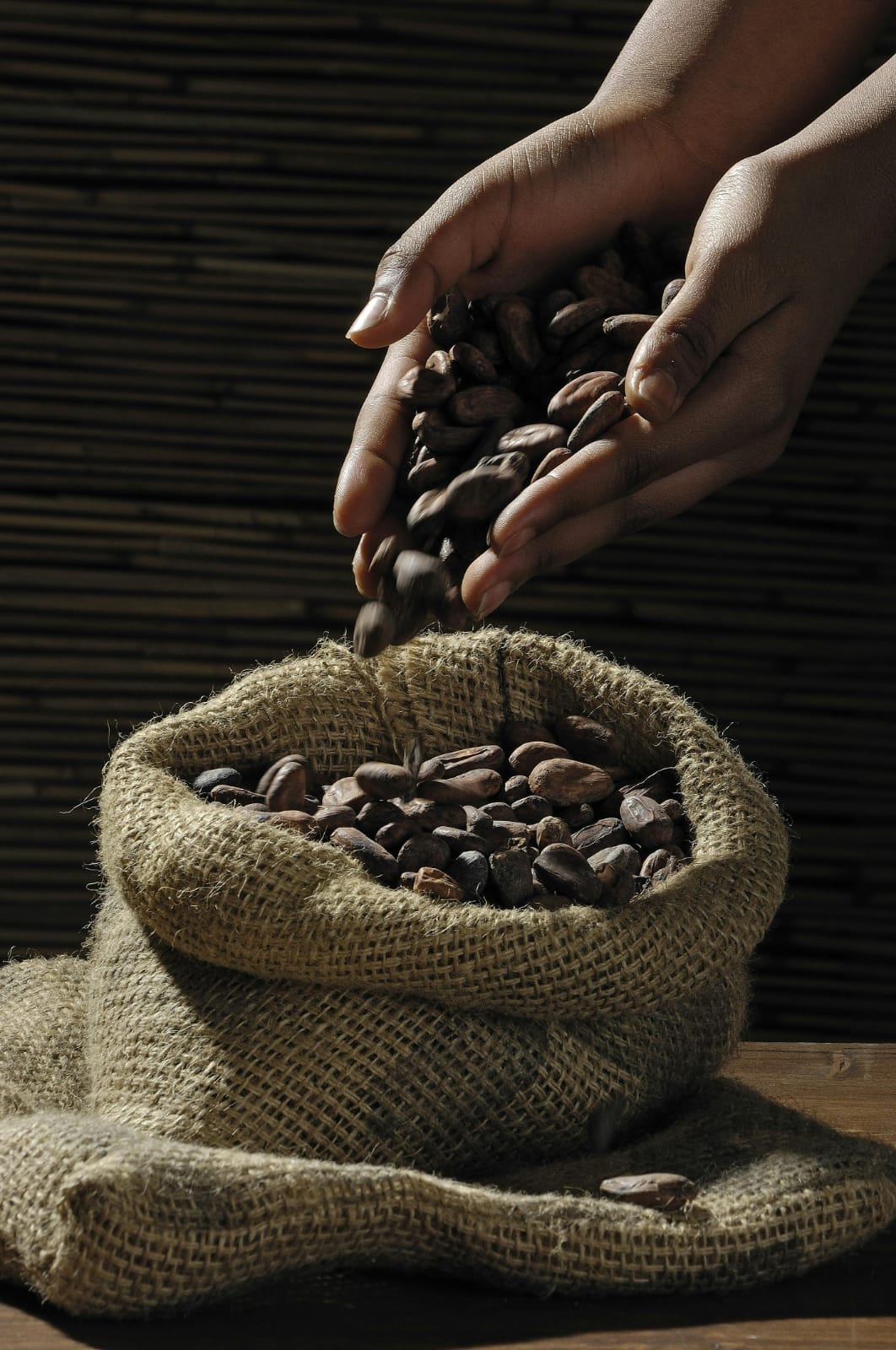Recommended Dietary Allowances or Recommended Food Eat
Babies 0-6 months:
From birth to 6 months, children experience growth and rapid growth. Milk is important for their nutrition because it provides essential nutrients for their growth, physical activity and metabolic processes. While the energy of babies is 113 kcal/kg/day at birth, it decreases to 81 kcal/kg/day at the age of 6 months and to 82 kcal/kg/day in boys.
Babies and toddlers 6-23 months:
Babies and toddlers will weigh more this season than in previous months. Supplements are necessary during breastfeeding to ensure growth and development. While the energy need of this age group varies between 80-82 kcal/kg/day, the protein need is 1.69 g/kg/day in the first year and 1.25 g/kg/day in the second year.
MUST KNOW
The World Health Organization recommends starting additional breastfeeding in addition to breastfeeding. From 6 months of age, gradually increase the frequency and variety of meals. Food supplements should be given 3-4 times a day for children between 6-8 months, 3-4 times a day for children between 9-11 months, and 1-2 times a day for children between 12-24 months and snacks Children aged 2-3 At this age, children are actively learning and developing their motor skills. They participate in various activities and begin to explore the world around them. Energy requirements are approximately 80 kcal/kg/day and protein requirements are 1.1 g/kg/day. Total energy need varies according to factors such as age, height, gender and physical activity and varies between 1000-1400 kcal/day.
Children aged 3-10:
Children in this age group have average growth but need additional nutrition to meet the body's needs. On average, their weight increases by 2-2.5 kg per year and their height by 5-6 cm per year. Energy requirements decrease with age; There is also a decrease in the amount of protein, from 77 kcal/kg/day at the age of 3 to 67 kcal/kg/day at the age of 10.
Adolescents between the ages of 10 -19:
Changes that occur in the body during adolescence increase the need for nutrients and support growth and rapid development. Young people gain about 3-5 kg in weight and 6-7 cm in height per year. The energy requirement is approximately 55-65 kcal/kg/day in boys, 46-60 kcal/kg/day in girls, and the protein requirement is 1.1-1.2 g/kg/day.
Adults 19-60 years old:
For adults 19-60 years old, changes in the body will lead to instability and require decreased energy. Protein needs are stable at 1 g/kg/day.
Seniors aged 60 and over:
Seniors need different diets depending on their health and fitness levels. activity and chronic disease. Aging is associated with decreased physical activity and metabolic changes, resulting in decreased nutritional capacity. Special care is required to ensure adequate nutrition and general health of the elderly.
Recommended Blogs


Mansab Ali


Mansab Ali


Mansab Ali


